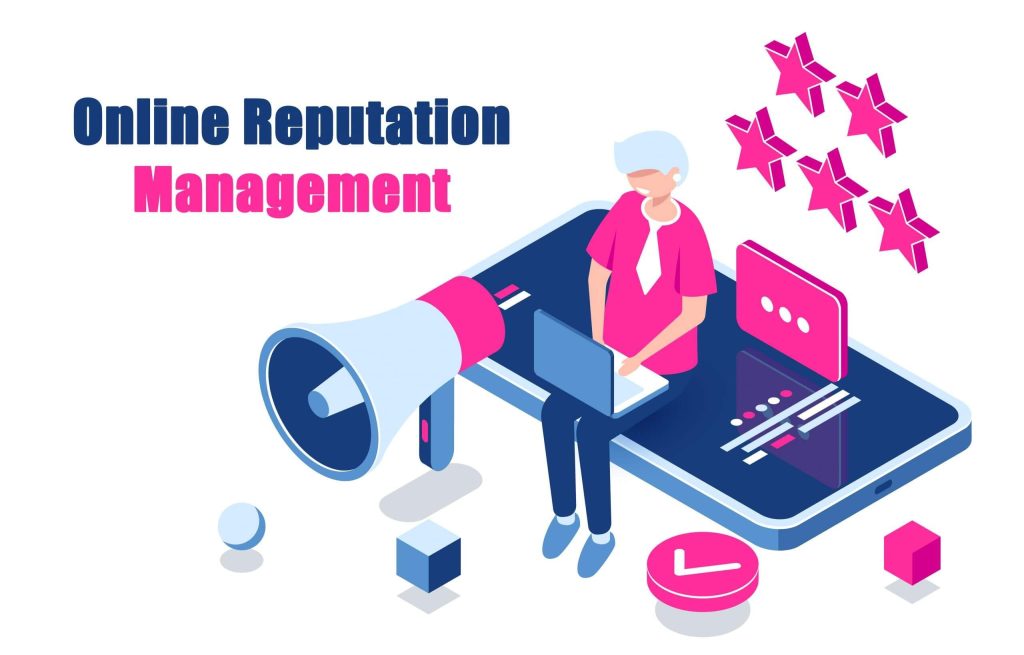
In today’s digital age, where information travels at lightning-fast speed, maintaining a positive online reputation has become crucial for the success of businesses. With the majority of consumers relying on search engines and social media platforms for their purchasing decisions, having a strong online presence and managing your reputation has become a necessity.
The Importance of Online Reputation
Your online reputation is a critical factor that can make or break your business. It directly influences consumer perception, trust, and purchase decisions. According to a study by BrightLocal, 85% of consumers trust online reviews as much as personal recommendations. Furthermore, a negative review or a detrimental news article can discourage potential customers and lead to a decline in sales.
By actively managing your online reputation, you have the power to shape public perception, build trust, and attract a loyal customer base. It allows you to stay ahead of the competition, establish credibility, and solidify your business’s position in the market.
Strategies for Effective Online Reputation Management
1. Monitor Your Online Presence
Keeping a close eye on what is being said about your business across various online platforms is the first step to effective reputation management. Utilize tools like Google Alerts, Social Mention, and Brandwatch to monitor mentions of your brand, products, or services. By staying informed about discussions related to your business, you can proactively address any negative feedback and engage with your audience in a timely manner.
2. Engage and Respond
Engaging with your audience is a crucial aspect of reputation management. Respond to customer reviews, comments, and inquiries promptly and professionally. Whether the feedback is positive or negative, addressing it with empathy and a solution-oriented mindset can help demonstrate your commitment to customer satisfaction and improve your brand’s image.
3. Encourage Positive Reviews
Positive reviews are a powerful asset for any business. Encourage satisfied customers to leave feedback on review platforms such as Google Reviews, Yelp, or industry-specific platforms. This not only helps boost your online reputation but also improves your visibility in search engine results.
4. Provide Exceptional Customer Service
An essential component of reputation management is consistently delivering exceptional customer service. By providing top-notch products or services and resolving customer issues promptly and efficiently, you can create a positive impression that resonates with your target audience. Happy customers are more likely to leave positive reviews and recommend your business to others.
5. Build a Strong Online Presence
A well-rounded online presence plays a vital role in reputation management. Create and optimize your business profiles on major social media platforms, ensuring consistency across all channels. Regularly publish informative and engaging content that adds value to your audience. Establish yourself as a thought leader in your industry by sharing insights, participating in relevant discussions, and showcasing your expertise.
6. Address Negative Feedback
No business is immune to negative feedback. When encountering negative comments or reviews, it’s important to address them promptly and professionally. Apologize if necessary, offer a solution, and demonstrate your commitment to improving the customer experience. This shows potential customers that you care about their concerns and are actively working to rectify any issues.
The Role of Professional Assistance
While managing your online reputation can be done in-house, hiring a professional copywriting and marketing agency specializing in online reputation management can provide numerous benefits. These experts have the knowledge, tools, and experience to effectively monitor, respond, and strategize, enhancing your reputation and ensuring long-term business success.
Conclusion
Your online reputation is your digital currency. It has the potential to drive customers to your business or push them away. Prioritize reputation management by actively monitoring your online presence, engaging with your audience, and providing exceptional customer service. By doing so, you can establish a positive online reputation that fosters trust, improves customer loyalty, and ultimately leads to business success in the ever-evolving digital landscape.


